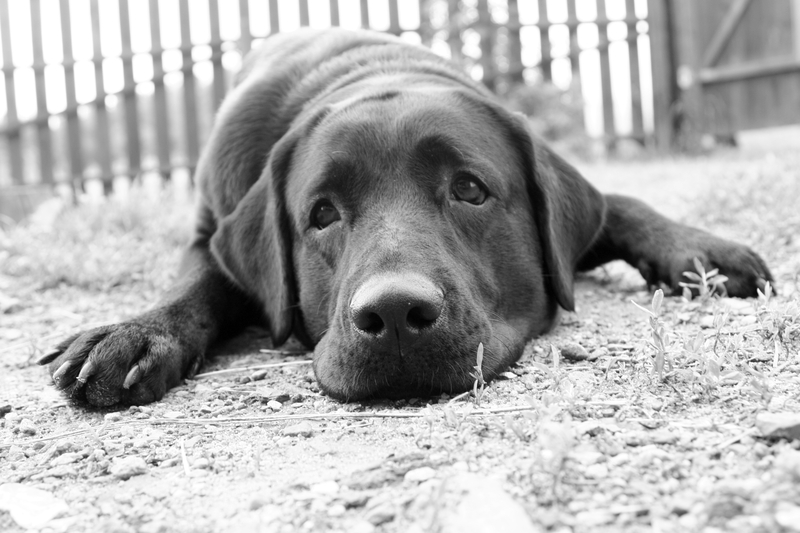
Even though the law has recognized animals as sentient beings in Spain since 2021, they cannot directly inherit property or be direct beneficiaries of an inheritance. Nevertheless, there are legal formulas that allow for anticipating their fate. According to a recent study by Rover, the online pet care platform, 94% of people consider it important to legally protect their pets, but 63% of dog sitters don’t know how to include them in their will. This lack of knowledge can have very unpleasant consequences, as numerous dogs and cats end up in shelters or animal welfare centers every year, facing an uncertain future after losing their human reference.
How to Guarantee Your Dog’s Future in Your Will
As stated on the website of the General Council of Notaries, following its reform in December 2021, the Spanish Civil Code allows the testator to appoint a natural or legal person as the guardian of their pets. This legal entity does not make the animal an heir but allows for planning who will take care of it. If no one is appointed, the animal falls under the responsibility of the heirs or legatees who claim it, and if not, the public administration can transfer it to a third party or refer it to a shelter. In case of conflict, it is a judge who decides the animal’s fate, always prioritizing its well-being. Therefore, it is important to clarify in the will who will care for the animal, to discuss this with that person or organization beforehand, and even to detail how the costs of care will be covered.
Financial Planning and Conditional Legacies
According to Rover’s study, seven out of ten people would prefer to appoint a legal guardian for their pet in their will, although only 9% have consulted a notary or lawyer for this purpose. Furthermore, 16% of participants stated that they would leave a portion of their inheritance to their pet rather than a family member. While this is not directly possible legally, it can be translated into formulas such as conditional legacies or the allocation of a part of the inheritance to a person or association, with the obligation to provide these funds for the animal’s care.
Taking Responsibility: The Broad Implications of Pet Care
It is important to remember that this obligation should not be taken lightly. Caring for an animal means attending to its specific needs, from feeding and walks to veterinary care and affection. For this reason, experts recommend that the person chosen as guardian spends time with the animal during the owner’s lifetime, so that both become familiar with each other and the transition, if necessary, is as little traumatic as possible. Lawyer María González Lacabex from the INTERcids organization told 20minutos in a 2023 article that including animals in the will is not a whim, but an act of responsibility: “It is not an extravagance, but a legally foreseen possibility that helps to ensure the protection and well-being of animals when their human reference is no longer there.” Therefore, it is very important not only to talk to the person or organization that will assume guardianship but also to clearly reflect this in the will.
Clear Testamentary Provisions and the Role of Animal Protection Associations
This not only guarantees the assignment of the animal but also facilitates practical procedures, such as changing ownership in the animal identification register, an essential requirement to be able to recover it in case of loss, authorizing veterinary treatments, or carrying out administrative procedures. Another option, especially for those who do not have family or friends who can assume this role, is to stipulate that a portion of the inheritance goes to an animal welfare association, with this allocation always tied to the care of the animal. This ensures that the dog or cat receives care and protection throughout its life, preventing it from ending up in a shelter, forced adoption, or, in the worst case, in situations of abandonment. The new Animal Welfare Law has also strengthened legal guarantees and expressly prohibited the slaughter of animals in collection centers with very few exceptions. Nevertheless, being placed in an animal collection center can be a traumatic experience for dogs and cats accustomed to a home, so planning their future by including them in the will is a way to protect them even when we are no longer there.



